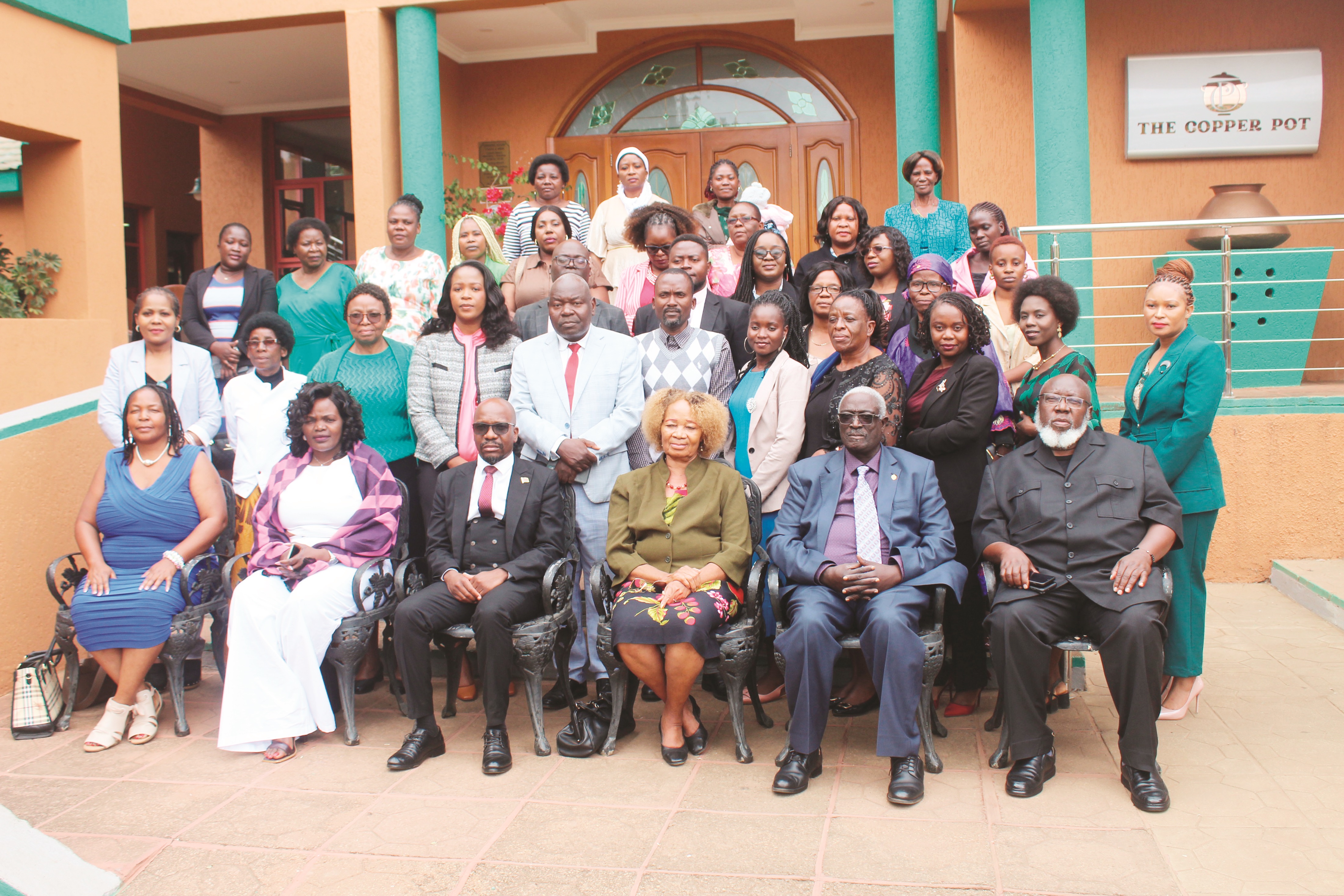
Mining & Trade News
Malawi Online News
Top Stories
Mining
MAWIMA demands transparency on reforms
August 08, 2025 / Modester Mwalija

Participants at the MAWIMA meeting
The Malawi Women in Mining Association (MAWIMA) has raised the alarm over the lack of clarity surrounding the country’s ongoing mining reforms, saying women miners remain in the dark about policies that are directly affecting their livelihoods.
“We heard there are reforms happening in the mining sector but when we visited mining districts and spoke to women, they said they have no idea what these reforms are about. That is why we decided to organize this workshop to get answers and ensure women are not left behind,” said outgoing president Emma Adam during a meeting MAWIMA organized in Lilongwe,
Adam also expressed concern about government ban on gemstone exports, which she said has affected many women-led mining businesses.
“This is our business. It is our bread and butter, and right now it is at a standstill because of issues that have not been clearly communicated to us,” she said.
The meeting brought together key stakeholders, including officials from the Ministry of Mining, the Malawi Mining Investment Company (MAMICO), and he Chamber of Mines and Energy. The discussions also highlighted critical issues such as illegal gold smuggling, market accessibility, and the role of women and youth in mining. Acting Director of Mines in the Ministry of Mining Mphatso Chikoti said the government has revised the Mines and Minerals Act to address many of the concerns raised, including those from women miners.
“This workshop came at the right time as we want to ensure the sector reflects inclusivity. There are already legal frameworks that ensure women’s participation and we are strengthening them,” said Chikoti.
To address the rampant smuggling of gold and gemstones where an estimated 90% of Malawi’s gold is sold illegally leading to a loss of over $700 million annually, he said the Ministry is working with institutions such as the Export Development Fund (EDF) and Malawi Mining Investment Company (MAMICO) to create legal and accessible mineral markets across the country.
CEO of MAMICO Leornard Kalindakafe emphasized the importance of decentralizing gold-buying centers to curb smuggling and increase government revenue.
“It is not practical for someone from Karonga or Mzimba to travel all the way to Lilongwe just to sell gold. That is why we are setting up strategic markets countrywide to close these loopholes”, he said.
He said currently MAMICO is operating in four places as it investigates Malawi’s primary gold sources and it is also advocating for a more inclusive sector since 30% of miners are women and 48% are youth.
“It is a important that women and youth dominate the sector as women think of developing their households first so that is how we build the nation.”
Coordinator of the Chamber of Mines and Energy Grain Malunga said while the establishment of MAMICO is a step in the right direction, its focus needs to be in medium to large scale mining.
“The company should focus on medium- to large-scale mining where returns on investment are more visible. It also needs the financial muscle to acquire up to 40% or even 50% equity in mining ventures if we are to see meaningful national development.”
The workshop highlighted the urgent need for clear communication and inclusive policies in Malawi’s mining sector. Stakeholders agreed that empowering women and addressing illegal trade are key to unlocking the industry’s full potential.































